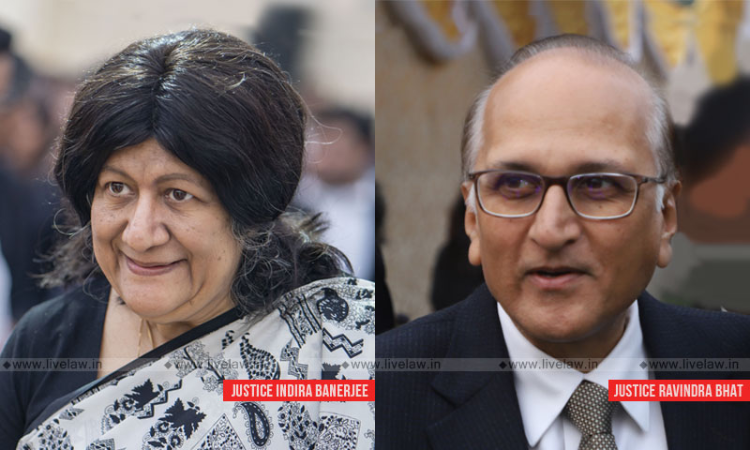Right To Property Remains A Valuable Constitutional Right, Reiterates Supreme Court
LIVELAW NEWS NETWORK
24 Nov 2020 4:48 PM IST

"To permit the state: whether the Union or any state government to assert that it has an indefinite or overriding right to continue occupying one’s property (bereft of lawful sanction)– whatever be the pretext, is no less than condoning lawlessness."
Next Story


